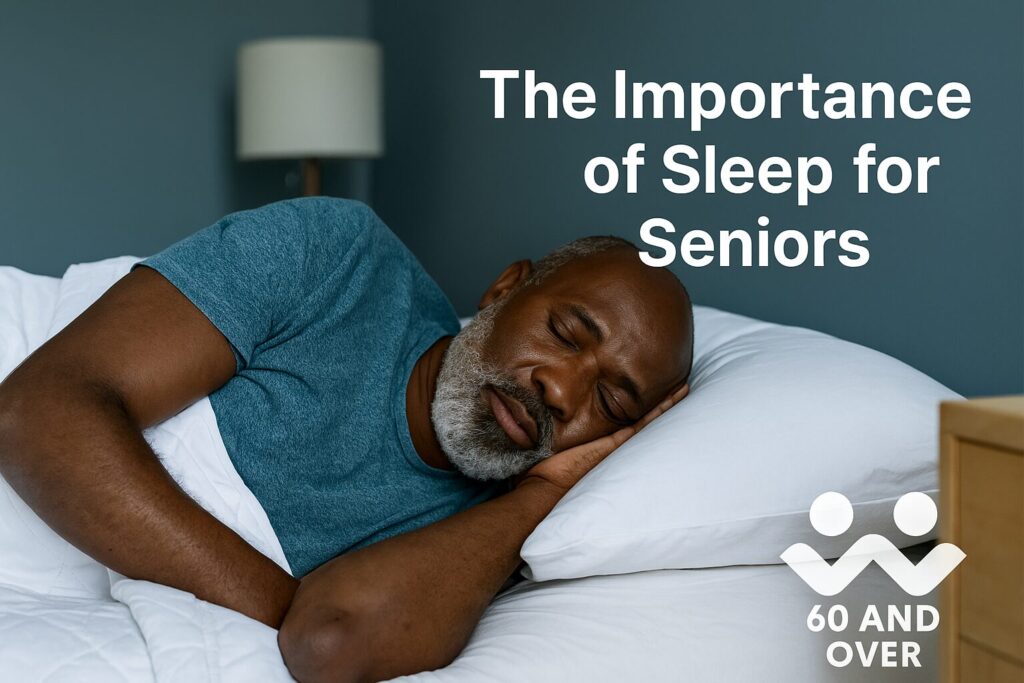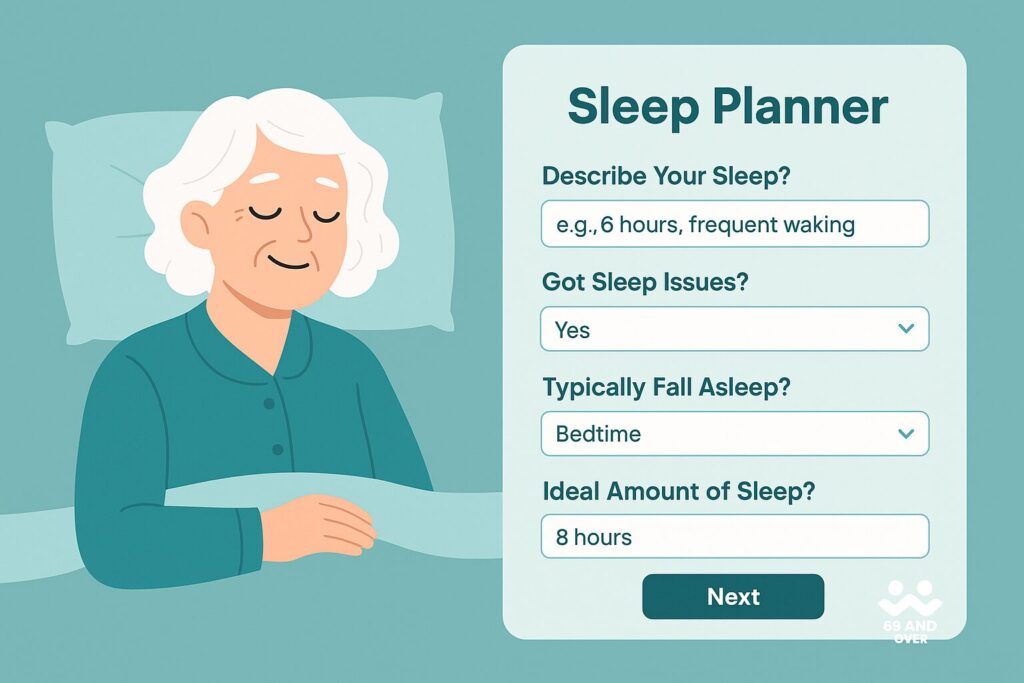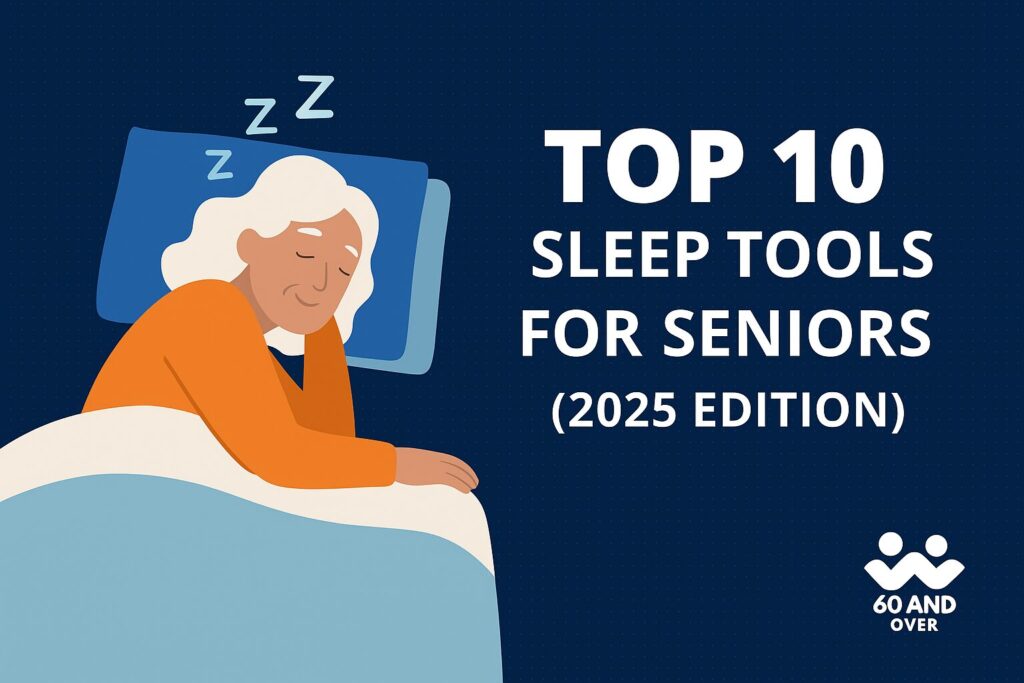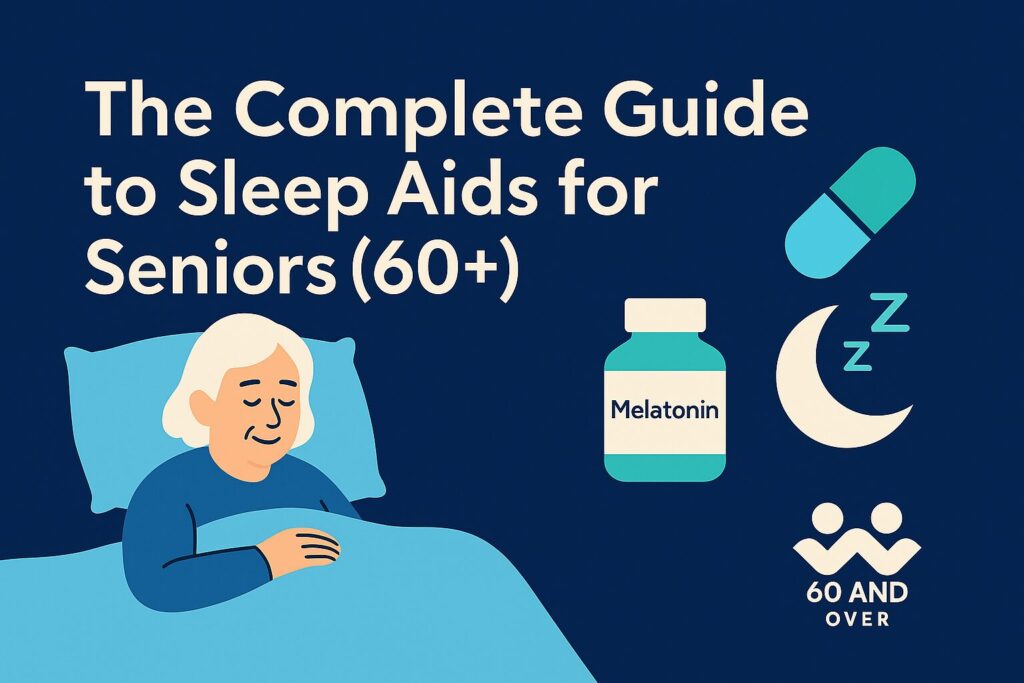Introduction: The Hidden Risk in a Common Prescription
Benzodiazepines—often called benzos—are some of the most widely prescribed medications in the world. They’re typically given to relieve anxiety, muscle spasms, or help with sleep problems. Drugs like Xanax, Ativan, and Valium are familiar names in medicine cabinets across the United States. But while these medications may provide short-term relief, they carry serious risks when used by older adults. In fact, many healthcare organizations now recommend avoiding benzodiazepines entirely for seniors.
On 60AndOver.net, our mission is to give you information that keeps you safe, informed, and empowered to make the best choices about your health. This article breaks down why benzos can be dangerous for seniors and offers safer alternatives you can discuss with your doctor.
What Are Benzodiazepines?
Benzodiazepines are a class of drugs that act on the brain and central nervous system. They work by enhancing the effect of a neurotransmitter called GABA, which slows down activity in the brain. This calming effect is why doctors often prescribe them for insomnia, panic disorders, or anxiety.
Commonly prescribed benzodiazepines include:
- Xanax (alprazolam)
- Valium (diazepam)
- Ativan (lorazepam)
- Klonopin (clonazepam)
- Restoril (temazepam)
While effective in the short term, these medications are not designed for long-term use—especially in adults over 60.
Why Benzodiazepines Are Risky for Seniors
1. Increased Fall Risk
One of the most dangerous side effects of benzodiazepines is dizziness, drowsiness, and slowed reflexes. Seniors who take them have a much higher risk of falls, which can lead to broken hips, head injuries, or hospitalizations. A simple nighttime trip to the bathroom can turn into a serious accident when balance is compromised.
2. Memory Problems and Confusion
Benzos can interfere with short-term memory and overall brain function. Many seniors taking them report confusion, difficulty concentrating, or “foggy thinking.” In some cases, these effects mimic dementia symptoms, leading to unnecessary worry and medical testing.
3. Dependence and Withdrawal
Benzodiazepines are habit-forming. Even when used as prescribed, physical dependence can develop in just a few weeks. Stopping suddenly can cause severe withdrawal symptoms, including rebound anxiety, insomnia, tremors, and in rare cases, seizures. Seniors often find themselves stuck—unable to stop the medication safely without a doctor’s help.
4. Interaction with Other Medications
Most seniors take more than one prescription. Unfortunately, benzodiazepines interact with many other drugs, including pain medications, antidepressants, and even over-the-counter sleep aids. These combinations can slow breathing, lower blood pressure, and increase sedation, creating life-threatening risks.
5. Link to Dementia and Cognitive Decline
Some studies suggest long-term benzodiazepine use may be associated with an increased risk of developing dementia or accelerating cognitive decline. While research is ongoing, the evidence is strong enough that geriatric health guidelines recommend extreme caution.
Official Warnings: What the Experts Say
The American Geriatrics Society includes benzodiazepines on the Beers Criteria, a list of medications considered unsafe for older adults. Similarly, the CDC and National Institute on Aging warn against their routine use in people over 60.
In short: while benzos might be useful for younger patients in crisis situations, for older adults the risks far outweigh the benefits.
Safer Alternatives for Seniors
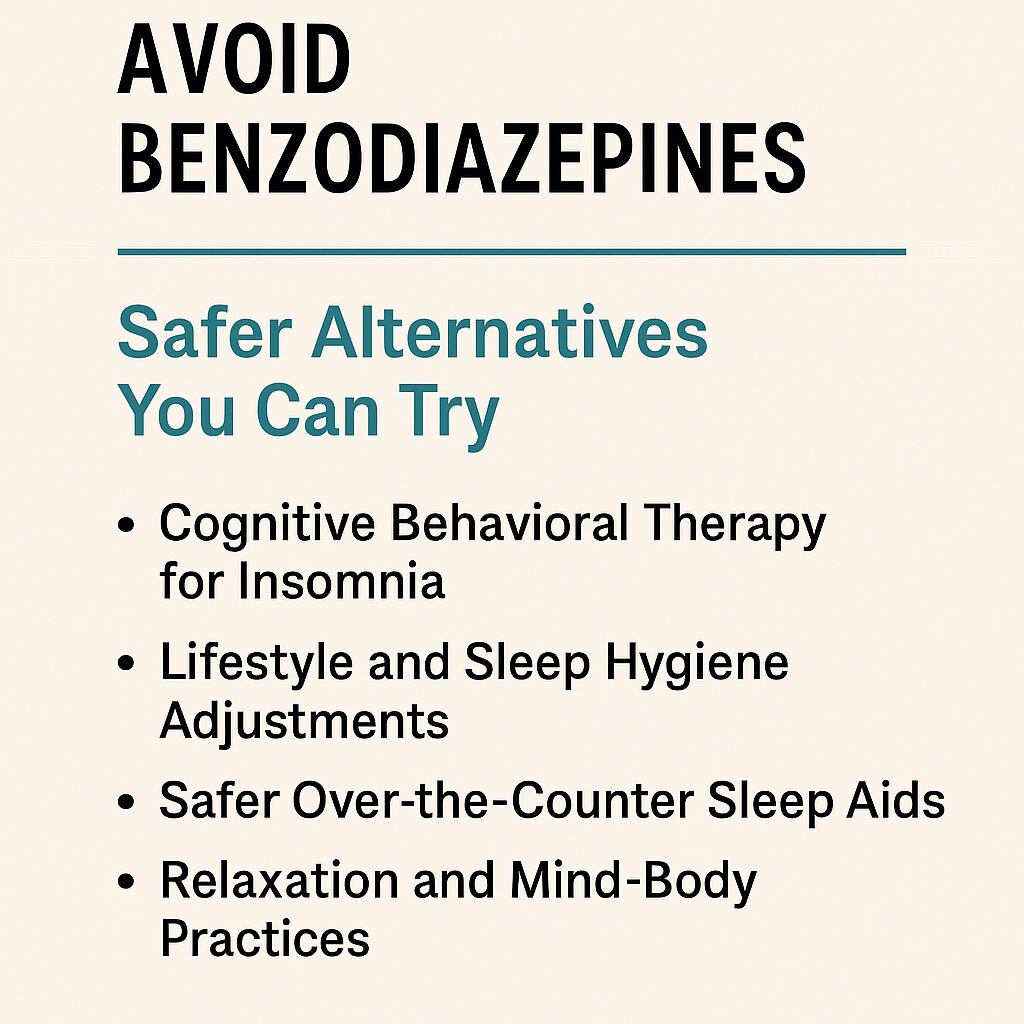
1. Cognitive Behavioral Therapy for Insomnia (CBT-I)
CBT-I is considered the gold standard for treating sleep problems without medication. It helps seniors identify behaviors and thought patterns that interfere with sleep and replace them with healthy habits. Studies show CBT-I can be just as effective as medication for insomnia, but without the side effects.
2. Lifestyle and Sleep Hygiene Adjustments
Small daily habits can make a huge difference:
- Going to bed and waking up at the same time every day
- Avoiding caffeine after lunchtime
- Creating a cool, dark, and quiet sleep environment
- Limiting naps during the day
You can explore our Sleeping Smarter After 60 guide and Sleep Hygiene Tool for practical step-by-step tips.
3. Safer Over-the-Counter Sleep Aids
Some non-habit-forming options may be safer for older adults. Melatonin, for instance, can help reset sleep cycles, though it should still be used carefully. Herbal remedies like chamomile or valerian may also provide mild relief. For a complete comparison, check out our resource: Best Over-the-Counter Sleep Aids for Seniors.
4. Relaxation and Mind-Body Practices
Gentle activities such as yoga, tai chi, or guided meditation can reduce anxiety and improve sleep quality. These methods not only help with stress but also support balance and flexibility, lowering fall risk in the long run.
What to Do If You’re Already Taking Benzos
/b
If you or a loved one are currently prescribed a benzodiazepine, do not stop suddenly. Abrupt withdrawal can be dangerous. Instead, talk with your healthcare provider about a gradual tapering plan. In some cases, doctors may switch patients to safer medications before slowly reducing the dose.
It’s important to have open conversations with your doctor. Ask questions like:
- Why was I prescribed this medication?
- Are there safer alternatives I could try instead?
- What is the plan for eventually stopping this drug?
Final Thoughts: Choosing Safety and Better Sleep
Benzodiazepines may seem like a quick fix for anxiety or insomnia, but for seniors, the dangers far outweigh the short-term relief. Increased risk of falls, memory problems, dependence, and dangerous drug interactions make them a poor choice for older adults.
The good news is there are many safer alternatives—from CBT-I and sleep hygiene improvements to natural remedies and lifestyle adjustments. At 60AndOver.net, we believe the right information helps you make better choices for your health and wellbeing.
Before reaching for a pill, consider the safer paths forward and talk to your doctor about a plan that protects both your mind and body.
Disclaimer
This article is for informational purposes only and is not a substitute for medical advice. Always consult with a qualified healthcare professional before starting, stopping, or changing any medication.


